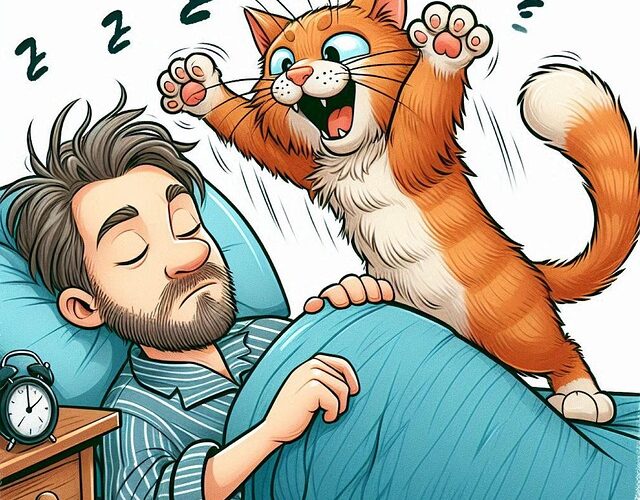By Marcel Strigberger | June 23, 2024
Lazarus? More about him soon.
There are three bizarre events that often seem to hit the news of the weird:
1. Exotic animals escaping their abodes and roaming the city’s streets. I am talking about the likes of a kangaroo that walked into a barbershop in Tasmania, or a hungry elephant that raided a grocery store in Bangkok;
2. People returning books that were checked out from libraries for decades before suddenly reappearing. Hardly a week goes by without reading about some copy of Oliver Twist borrowed in 1951 being anonymously returned to the main library in Moose Jaw; and
3. Humans certified as dead who are still alive.
As I have not yet seen a kangaroo or hungry elephant running wild on Yonge Street in downtown Toronto, nor do I have any half-century-overdue library books in my study, let me opine about those living dead people, as this misdiagnosis can happen to any of us, and we need laws to protect us from same.
Recently, an 88-year-old woman in Pilsen, Czech Republic, was found unresponsive by her husband. He called 911, and paramedics arrived, examined her and concluded she was dead. They called the coroner, who similarly concluded she had met her maker. A mortician was summoned, and when he was about to put the “body” into a coffin, the lady started breathing again.
This off-again, on-again situation is known as the Lazarus effect. It derives its name from an incident in which Jesus allegedly resuscitated Lazarus. The problem is that this “Oops, I thought the guy was deceased” is not uncommon; there have been dozens of documented cases in the U.S. alone. And in India recently, a gentleman popped up at his funeral as attendants were about to load his presumably dead body onto a pyre and cremate him. Spooky.
So much so that a cemetery tour guide in New Orleans noted that a bell was often attached to cadavers’ hands to guard against the possibility that he was not fully bereft of life. This is apparently the origin of the expression “rings a bell.”
Given the prevalence of the Lazarus effect, I maintain that we need legislation ASAP to deal with these potential booboos. You can’t always rely on the bell, the doctor or Jesus. The law can be called something like the Hey, I Ain’t Dead Yet Act.
I’ll leave the drafting to the government drones, but I can make some suggestions, at least for part one of the legislation:
1. Definitions:
a) “Dead” means not living, and it includes expired, no longer with us or resting. See subsection “M” regarding the Toronto Maple Leafs;
b) “Examine” means assess thoroughly, checking for signs of breathing, heartbeat or movement. In the event that these tests are negative, hold a piece of Parmesan under the nose of the supposed deceased. If that does not revive, call the undertaker;
c) “CPR” means applying this protocol for at least 20 minutes. For medical personnel not familiar with this term, it means cardiopulmonary resuscitation, not Canadian Pacific Railway;
d) “Feather” means a light plumage originating from the body of a bird. See subsection “T” regarding tickling;
e) “Loud noise” to induce revival includes a food blender, a lawnmower or — if these are not readily available — a sperm whale will do.
As I said, I leave the heavier drafting to government lawyers. But something must be done before more people are deemed to have kicked the bucket.
Meanwhile, I am curious as to what happened to that kangaroo in the barbershop in Tasmania. I hope he left a good tip.
Marcel Strigberger retired from his Greater Toronto Area litigation practice and continues the more serious business of humorous author and speaker. His book, Boomers, Zoomers, and Other Oomers: A Boomer-biased Irreverent Perspective on Aging, is available on Amazon (e-book) and in paper version. His new(!) book First, Let’s Kill the Lawyer Jokes: An Attorney’s Irreverent Serious Look at the Legal Universe is available on Amazon, Apple and other book places. Visit www.marcelshumour.com. Follow him on X: @MarcelsHumour.
RELATED ARTICLES
